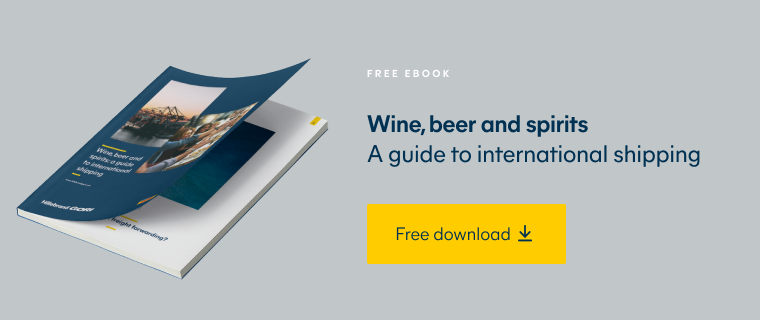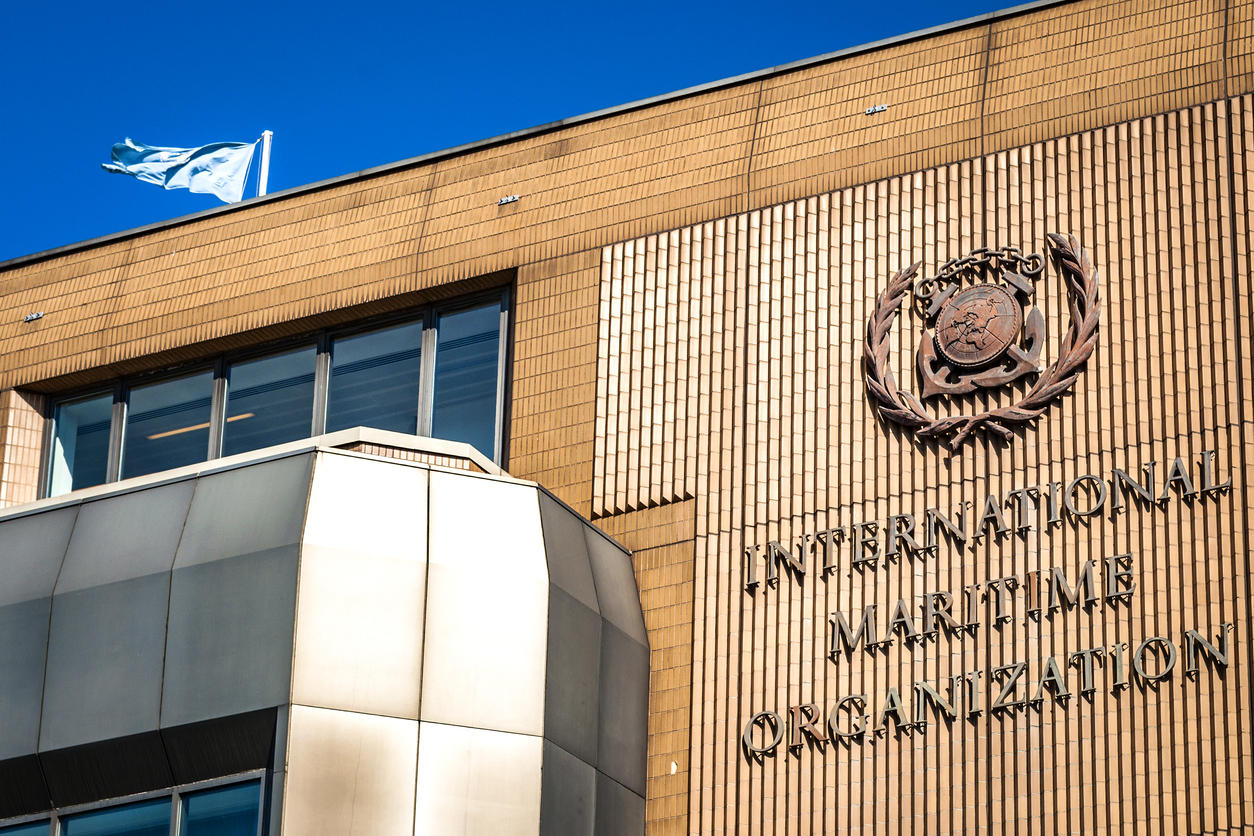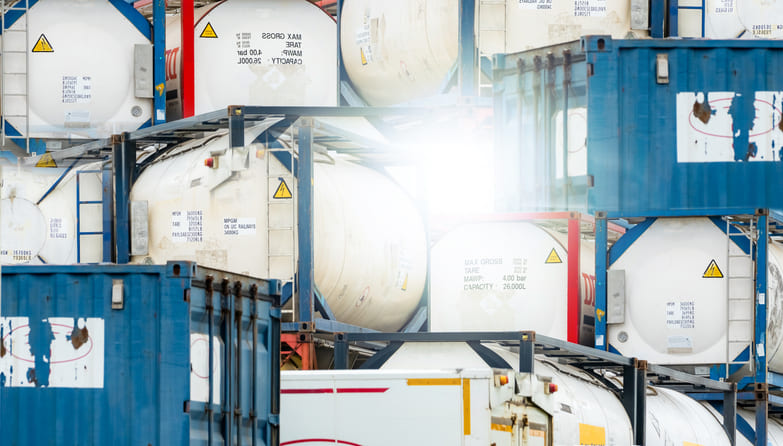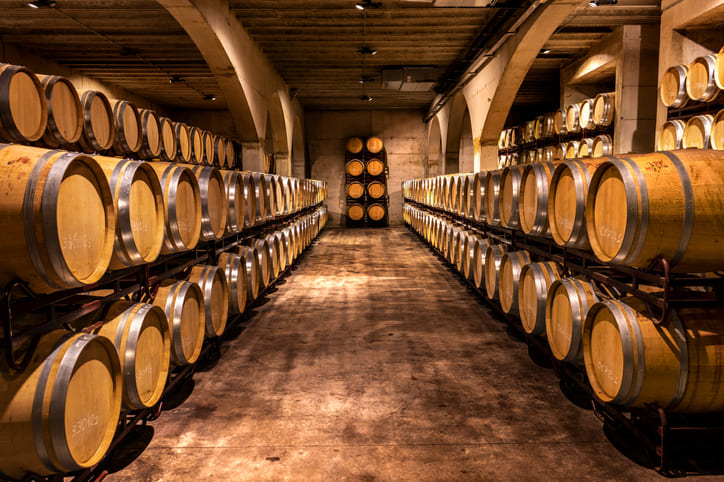How to get compliance and regulations right when importing wine
Despite a slight decrease in the volume of wine traded worldwide in 2022, international trade in wine has been booming in recent years. In fact, the total value of global wine exports in 2022 was 37.6 bn EUR, the highest ever recorded. The outlook for 2023 is complex, although there is growing demand in categories, like premium sparkling wines in new markets, such as Japan.
To capitalize on this, your operations need to run smoothly. An important part of any successful wine importation business is navigating a variety of compliance and regulations. The rules vary enormously between countries and regions, which means that meeting these requirements can become complicated and time-consuming. The first step towards smooth operations is to be aware of the compliance and regulation rules you need to adhere to. Here’s our introduction to compliance and regulations for wine importers to help get you started.
What is wine importing compliance?
Compliance, in relation to wine importing, refers to regulations, laws, and requirements that govern the importation of wine into a particular country.
Compliance measures are there to make sure imported wines meet specific standards and follow the legal and regulatory guidelines of the importing country. Areas of compliance typically include documentation , packaging, taxes, licensing and labeling. For example, containers of all imported wines are required to be marked, branded, and labelled (for example, with a country of origin statement) in compliance with US CBP regulations.
In the UK, there are requirements that importers who sell and/or label wine must meet. The wine imported into the UK, for example, must be labelled with the address of the importer or manufacturer, or both.
What are the aspects of compliance?
The aspects of compliance you should be aware of include:
- Labeling requirements
- Packaging standards
- Health and safety regulations
- Taxation and duties
- Licensing
- Documentation
What are the key regulatory bodies for wine imports?
The regulatory bodies involved in wine importing vary between countries, which means you may need to be familiar with many organizations if you import wine to multiple countries.
For example, there are several regulations and compliance requirements for importing wine into the United States. Wine importers must obtain a licence and product approvals from the US Alcohol and Tobacco Tax and Trade Bureau (TTB), register with the US Food & Drug Administration (FDA), and set up an account with the US Customs and Border Protection. In addition to the compliance rules at the US national level, wine imports are also subject to regulations at the US state and municipality level too.
In China, importers are required to register as an overseas manufacturer on GACC. This means it is essential to research which rules apply to your shipment.
Compliance requirements
Complying with local, national, and international regulations can help your business avoid penalties, delays, and legal issues when importing wine. The different compliance requirements include:
- Labeling: wine labels must contain certain information, such as the country of origin, alcoholic degree, bottle content, producer or even the importer to the market, which often varies between import countries. For example, imports to China need a translation of the wine label, as well as a Chinese label.
- Packaging standards: packing rules cover everything from bottle sizes to standard pallet sizes to phytosanitary measures such as ISPM 15 compliant pallets, and these vary between countries.
- Health and safety regulations: this includes regulations relating to hazardous chemicals, as well as phytosanitary and biosecurity measures, set out by the carrier and import country.
- Licensing: you will often need a licence to import wine to a specific country. For example, in the US you need to register as an alcohol dealer with the FDA and submit an alcohol dealer registration form.
- Permits: Permits are also a common compliance and regulations requirement. For example, anyone in the business of importing distilled spirits, wine, or malt beverages into the United States must apply for a Federal Basic Importer’s Permit.
- Documentation: including an import licence, shipping documents such as a Sea Waybill, your commercial invoice, packing list and more. The documentation you will need to submit will be different depending on the country you are importing into. For example, EU wine imports require you to submit a VI-1 document, which certifies that the wine complies with EU regulations. You can read more about the shipping documents you will need here.
- Duties, tariffs and taxes: laws vary between countries, and so do the taxes and other charges you are liable for as a wine importer. Import or customs duties are fees charged on almost every cross-border shipment of products, and vary based on the Harmonized Tariff Schedule (HTS) codes and their destination. Find out about the difference between taxes, duties and tariffs in our article here.
Compliance solutions
Importers can help overcome these common problems by staying up-to-date with regulatory changes. The most direct and effective way to solve compliance challenges, however, is to work with experienced freight forwarders who specialize in moving wine and other beverages, such as Hillebrand Gori.
What is the importance of compliance with regulations for wine quality?
Falling foul of the regulations on labeling, packing and documentation for wine imports can have knock-on consequences for your business and the quality of the wine. Any delays caused by incorrect paperwork, labeling or other compliance issues may mean port authorities will not release wine shipments from the port. This can mean:
- the wine is left in hot conditions that can damage its quality,
- you are also likely to be liable for demurrage charges,
- you’ll run out of stock,
- leading to loss of sales.
This means it is vital for wine importers to understand and follow the regulations that are relevant to the regions you are importing wine to and from. Successfully navigating wine compliance and regulations means you can help safeguard the quality and authenticity of your imported wines.
Get expert local insight into compliance and regulations for your shipments
Getting to grips with the variation in the compliance and regulations governing wine imports worldwide can be daunting. But as a wine importer, you should put compliance at the center of your operations. Staying informed about local regulations and any changes to them is far easier when you work alongside a specialist beverage freight forwarder. If you are struggling to access or understand local regulations, contact your local Hillebrand Gori office for advice from teams with a global network of wine importing expertise.
Published 13th July 2023, updated 27th November 2023
As a wine importer, it’s your responsibility to comply with regulations. However, working with a freight forwarder can help alleviate some of the burden by providing expert guidance and assistance in navigating complex compliance processes.
Review your current processes and procedures to ensure they align with regulations. This may include obtaining necessary certificates, licenses and permits. It’s also crucial to stay informed about any updates or changes to regulations.
Non-compliance can result in delays, fines or even revocation of permits or licenses. It can also damage your reputation with suppliers, customers and authorities.
An effective compliance program includes regular research, training and internal controls. With a comprehensive program, importers can better navigate complex regulations, minimize risks and maintain transparency. It’s important to regularly review and update the compliance program to adapt to any changes in regulations or business operations.
How can we help your business grow?





